There’s a whole host of reasons why blogging is essential for your website. A regularly updated blog reminds your audience that your website (and by extension you and/or your business) is alive and kicking! It helps drive SEO traffic if fresh content is added regularly and a well written, and marketed, blog may foster a lively discussion forum. Blogging also helps define your website’s ‘personality’. We create websites with a particular ‘audience’ in mind, and your blog should reflect this. Lastly, a blog lets you expand on subjects that may be less core to your website, or where you want more in-depth coverage on a particular topic, product, idea and so on…
If you’ve just updated, or purchased, EverWeb version 2.0, now is the ideal time to start your own blog! EverWeb’s new blogging tool can be used straight away whether you have an EverWeb+Hosting account or your own hosting provider. There’s no setup needed. So, the technical part is easy and it may be that writing your own blog is the difficult part! Here are some thoughts and insights to get you started with blogging…
It’s a Learning Experience!
Writing a blog is always a learning experience and you’ll probably make mistakes along the way. Will your audience like what you write? How often should you post? What happens if you run out of inspiration or have writer’s block?
Undoubtedly you’ll have questions about blogging, most of which will be down to you to answer, e.g. you’ll post every Tuesday. The best advice I can give is to do your homework before you start. List the questions you have and try to find your answers through trusted friends, family and internet resources such as ProBlogger which is great for first time bloggers. In the example, blogging every Tuesday will help you post consistently. That’s good for you and good for audience building. People love consistency!
Focus Your Ideas
Blog posts need ideas! It’s usually best to have only one main message, idea or theme per post. This will focus you when you write. It also makes your post easier to read and understand for your audience. You’ll lose focus, and possibly your audience, if you have more than one message or idea in your post.
Keeping ‘one idea per post’ also means you have more ideas available for future posts. If you’re going to post on a regular basis this is important. There’s nothing worse than having a deadline and nothing to write about. Keep an ideas list to hand and always have a standby blog post ready for emergencies.
Know Your Audience
It’s important to always write FOR your audience, using an appropriate style and tone e.g. if you write in a formal style when your audience is ‘informal’, you may drive away your audience. Aldo be careful not to talk down, patronize or insult your audience either. It will drive any traffic away immediately!
The ideas you use in your posts should also be relevant to your target audience. Always keep your audience in mind as this will focus you and your posts. I always ask myself, what’s interesting for my audience, what’s new, what features should I look at and why? What’s the benefit? For inspiration, I’ll look at relevant sources e.g. when writing about EverWeb I may look at other EverWeb related articles, the EverWeb Discussion Forum, websites relating to SEO, web design and so on to keep on track.
The Blog Title and First Sentence!
Once you have your idea it’s time to start writing! This is often the most difficult part of blogging: the first words! It can stop you cold in your tracks. Try breaking through this block just by writing something – anything – as a first sentence even if it’s really bad! You can go back and change it later. The important thing is that you’ve written something! and you’ll probably find that the rest of the post flows easily. Finish by editing the title and/or the first sentence which you’ll probably find is now a lot easier to do.
Keeping Audience Attention
Humans have an incredibly short attention span and living in a world of soundbites makes it more challenging to keep your audience focused on your post. If you don’t hold your audience’s attention for 90 seconds they’ll probably get bored and go elsewhere. Try to make a strong post title and a first paragraph that engages e.g. set a question that you will answer later. Look at other blogs that inspire and engage you. What appeals about one blog post and not another? What keeps you reading or turns you away? Use the Editor Toolbar features such as bold and italics sparingly – just for emphasis!
How Much Should I Write?
It’s a common question but there’s no easy answer. There are a couple of things you should consider though. The first is that Google loves content! Preferably fresh, unique content. So don’t plagiarise content from other writers as Google will penalise you and you’ll probably get sued if you’re found out. The only exception is when you’re quoting in which case you should credit the author and content source anyway. And just copying and pasting your own content around the internet also won’t work.
Although Google loves content and it’s great for your SEO, quality content is where you should be focused. It’s more important than word count or SEO! If in doubt always remember quality above anything else!
Check, Check and Double Check
If you read anything on the Internet, even from professional news websites, you’ll find articles littered with spelling and grammar mistakes. It’s frustrating to continually pick through mistakes. To avoid posting ‘mistakes’, when you’ve finished your post, save it then then walk away from it. If possible, get someone else to proof read it for you. If that’s not possible, come back to it later, read it through again and then correct any mistakes.
The other tip is to learn about how you write e.g. I know I am bad with ‘its’ and ‘it’s’ and when to use them and when not. For me, it is (it’s!) a blind spot I always check for now when I write. Try listing your own weaknesses so you can correct your copy before publishing!
Summarize
It’s always good to round off your post by coming full circle to answering the question you first posed. In this post, it’s that writing your first blog post is a learning process and that preparation before you start will reward you and your audience. You’ll make mistakes for sure, but even if you do, it’s a learning experience!. With blogging there is no rule book, but a few tried and trusted guidelines will help get the creative juices flowing! Good luck with your blogging.
If you have any hints and tips to share please drop a line below in the comments section. I’ve only scratched the surface here, so feel free to have your say! Thanks!

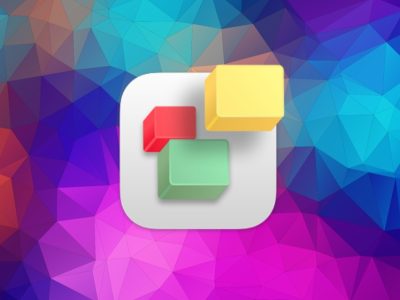

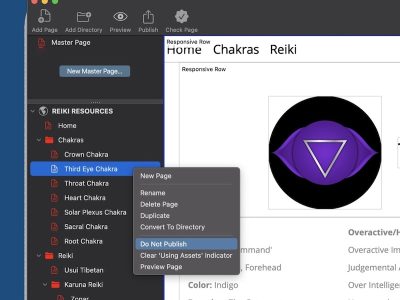
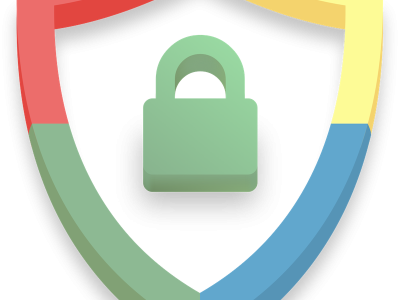
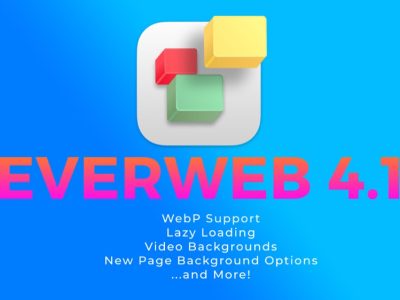
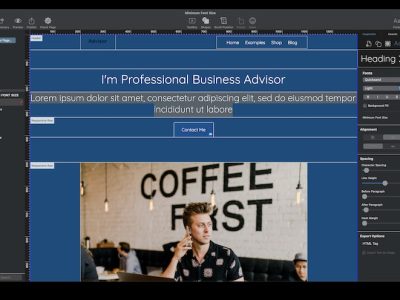


Comments